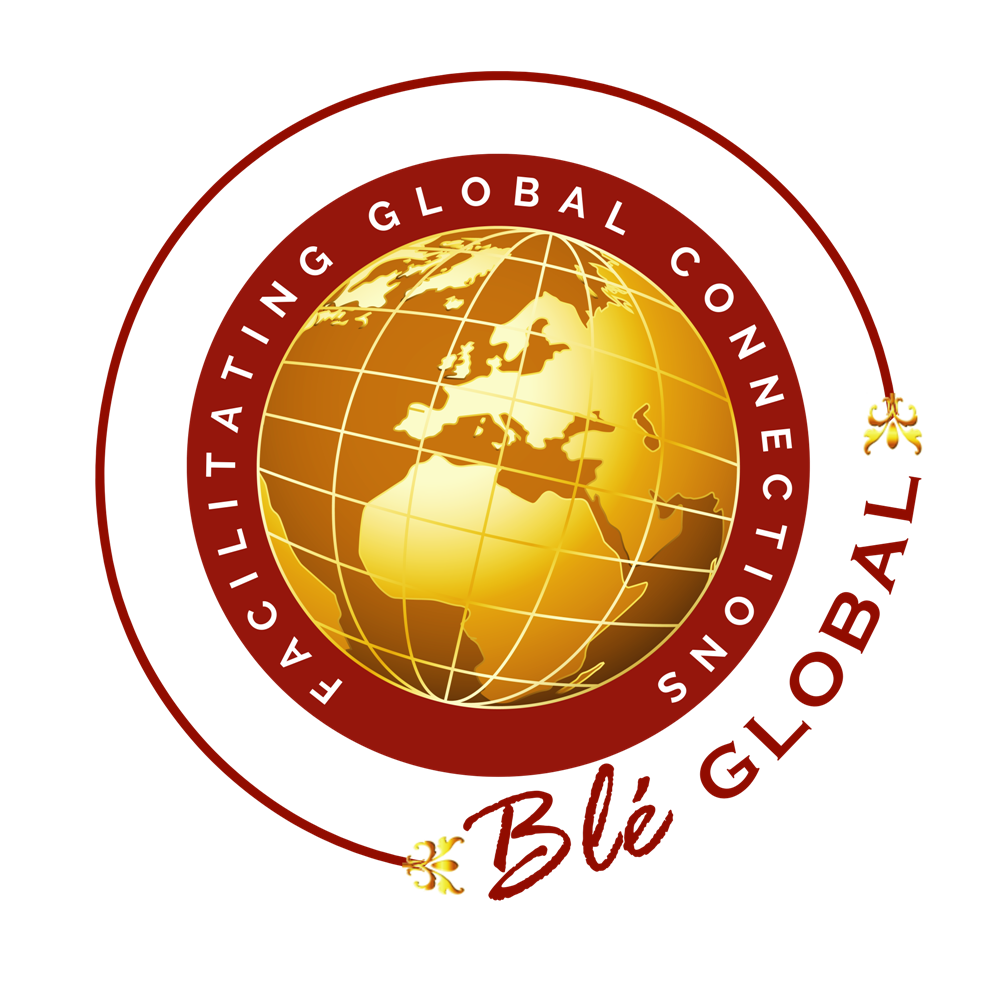Successfully managing an event requires a solid project management framework that balances time, cost, and quality. Here is how we effectively manage these three critical factors in our event management framework:
Time Management:
Efficient time management ensures that every aspect of the event is planned and executed according to schedule. This involves creating detailed timelines, setting milestones, and using project management tools to track progress. Proper time management helps avoid last-minute rushes and ensures that all event components are ready on time.
Cost Management:
Staying within budget is crucial for the financial success of an event. This includes accurate budgeting, monitoring expenses, and adjusting plans as needed to prevent overspending. Cost management also involves negotiating with vendors and suppliers to get the best value for money, ensuring that high-quality services and materials are procured without breaking the bank.
Quality Management:
Maintaining high standards is essential for a successful event. Quality management involves setting clear expectations, conducting regular inspections, and ensuring all deliverables meet the required standards. From venue setup to catering, every detail must be meticulously planned and executed to provide an exceptional attendee experience.
Balancing these three elements – time, cost, and quality – ensures a well-managed, successful event.

A robust project management framework in event management goes beyond just balancing time, cost, and quality. Here are additional critical aspects we consider:
Risk Management:
Identifying, assessing, and mitigating potential risks is crucial, accounting for about 20% of the overall framework. This involves creating contingency plans to address issues such as weather disruptions, technical failures, and security threats, ensuring minimal impact on the event.
Stakeholder Management:
Effective communication and engagement with stakeholders—sponsors, vendors, attendees, and team members—are vital, making up roughly 15% of the framework. Keeping stakeholders informed and involved throughout the planning process ensures alignment and satisfaction.
Scope Management:
Defining the event’s scope clearly prevents scope creep, which can lead to budget overruns and missed deadlines. Scope management represents approximately 15% of the framework. Detailed planning and documentation of objectives, deliverables, and tasks help maintain focus.

Integration Management:
Coordinating various aspects of the event, from logistics to marketing, ensures that all elements work seamlessly together. Integration management, which comprises about 10% of the framework, involves aligning schedules, resources, and activities for cohesive execution.
Procurement Management:
Efficiently sourcing and managing vendors and suppliers is essential, accounting for about 10% of the framework. This includes contract negotiation, performance monitoring, and ensuring timely delivery of goods and services.
Human Resource Management:
Assembling a skilled and motivated team is key to event success. Human resource management, which makes up roughly 10% of the framework, involves recruitment, training, and delegation of responsibilities to ensure optimal performance.
Communication Management:
Clear and consistent communication is crucial for coordinating activities and managing expectations, making up about 10% of the framework. This includes regular updates, meetings, and feedback loops to keep all parties aligned.
By integrating these aspects into our event management framework, we enhance our ability to deliver successful, well-coordinated events that meet and exceed our stakeholder expectations.
